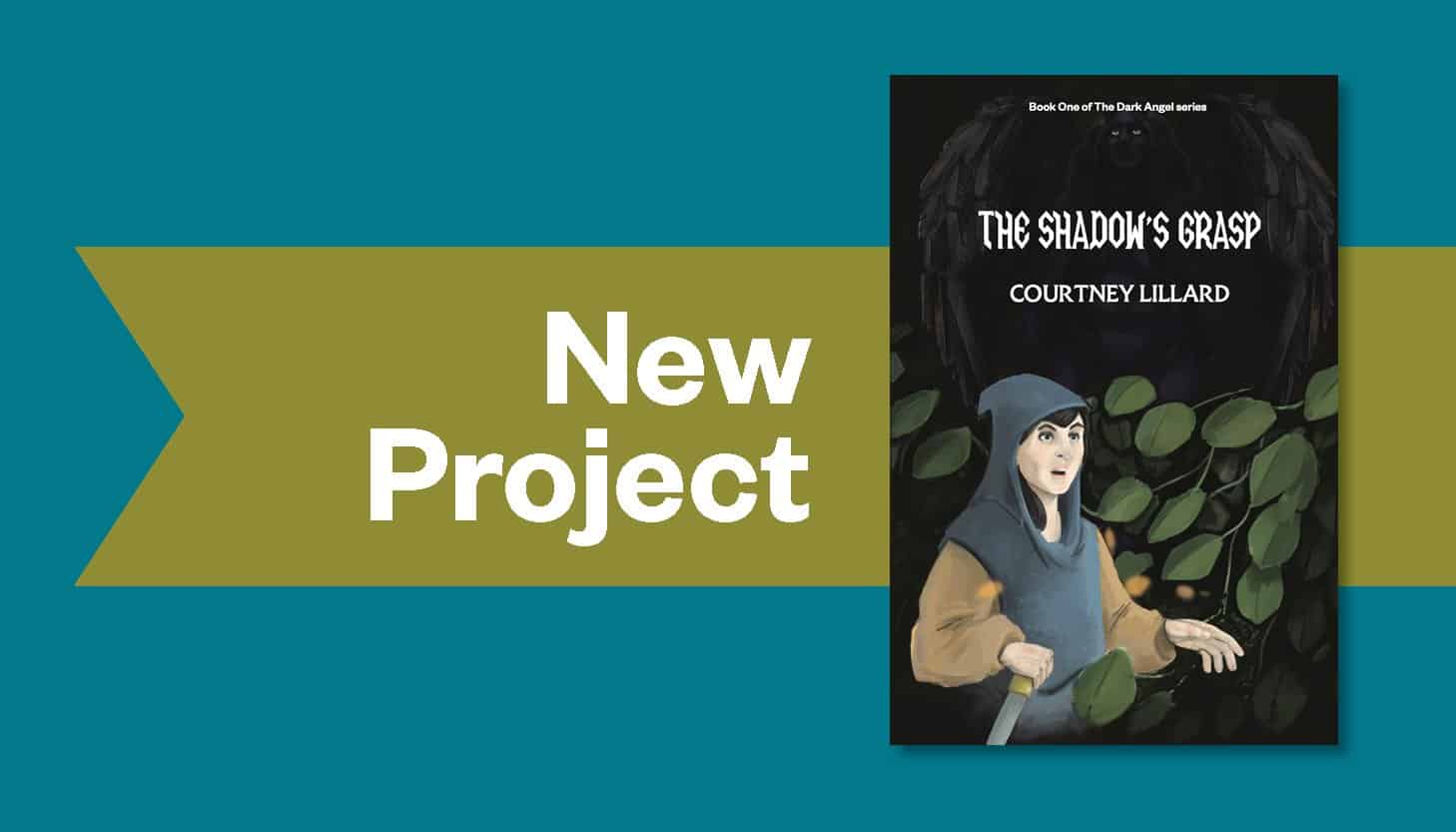So, how many of you think that to write a book, you need to start from scratch?
Those of you who metaphorically raised your hands aren’t wrong—but you aren’t entirely right, either.
Some of the most interesting books I’ve worked on and read have been based on repurposed content—words (and sometimes images) that had already been created for some other purpose. It’s not cheating. It’s good use of your limited time and energy, as well as your talent and skill.


Repurposed Writing
I’ve talked before (in a previous post) about using your blog posts in a book, and an author we’re working with is doing that very thing right now as part of a larger revision of an existing book. Why shouldn’t he use his own blog posts to expand on his ideas and expertise?
This same author actually began writing his first book from the course content he had created for a college class. Why shouldn’t he use what he teaches in his class as the basis of a book, which will reach a much larger audience than he could possibly hope to influence through one college course?
Another author we worked with published a two-book series based on several years’ worth of monthly columns for his church newsletter. People asked him when he was going to turn his “stuff” into a book, and he did, double. The only things he had to write were the prefaces and author bio. He used his books as fundraising tools for his church’s fund to purchase a building, and the church was able to purchase the site the following year.
Yet another writer we work with is using his weekly blog posts to fuel a forthcoming book—he is intentionally writing them for this larger purpose, with the expectation that over the course of two to four years, he will have enough writing done, he can take what he has, rewrite and edit, and come up with a gem of a book, without too much additional work. That’s called planning.


“Original” Writing
There is everything right about writing a book from scratch, of course. Original writing (a term I’m not entirely happy with) is how many books are done. The writing is done for that book or that project, and that’s that.
But you’re probably not writing Moby-Dick.
You’re writing to educate and build trust in your authority and to use your writing to further your business goals.
As many writers do, you’re also likely exploring themes and ideas that you’ve explored before, in some way or another, and you’ll explore them again. Maybe it’s a timeless theme or maybe it’s something to do with kitchen utensils, but either way, you’re reusing your content, or at least your ideas. Nothing to be ashamed of there. We all do it.
If you are writing first-time-used original content for your book, good on you! and please continue to do so. In the future, you can turn this concept around and begin repurposing content from your book to use in, say, your blog posts. Which the author I referenced above, who teaches the college course, has in fact done.
And if you are writing something like Moby-Dick that is unlikely to be repurposed for a blog post (although that’s an interesting idea), my wish is for your great success.
The Real Benefit of Repurposing Content
The real benefit behind repurposing your own content is this: It makes the idea of writing a book—or anything else—much less daunting. Who wouldn’t want a leg up in writing a 200-page book? Who doesn’t want to save time and energy?
If you have writer’s block staring at a blank screen, maybe looking at an old blog post or manuscript will stir the creative juices.
It’s also helpful to be able to look back at the writing you did before and see what your thinking and logic was at the time. Is it still relevant, valuable? How can you improve your message? What has happened since then that you can apply to your earlier thoughts?
Now, the next time someone asks you (although, really, who would?) if you need to write a book from scratch, you can tell them, “No, you don’t,” and reference this blog post.
Want to keep up with our blog? Sign up to get an email notification when we publish new posts.


